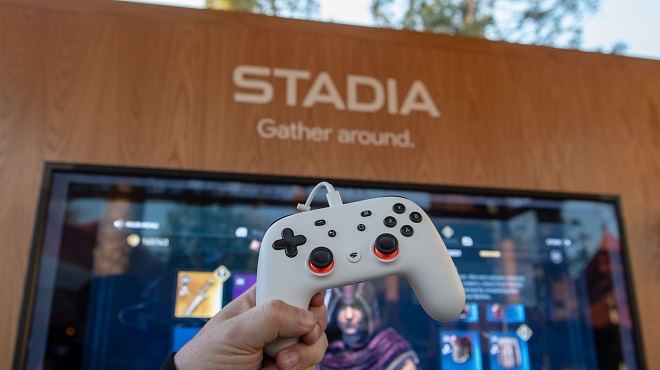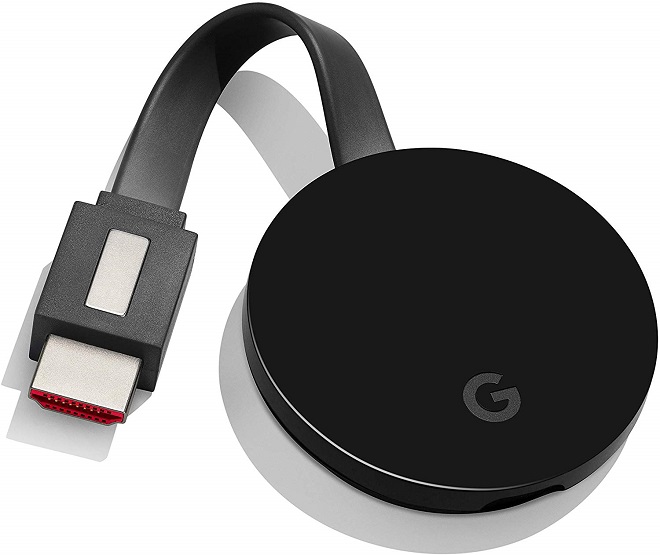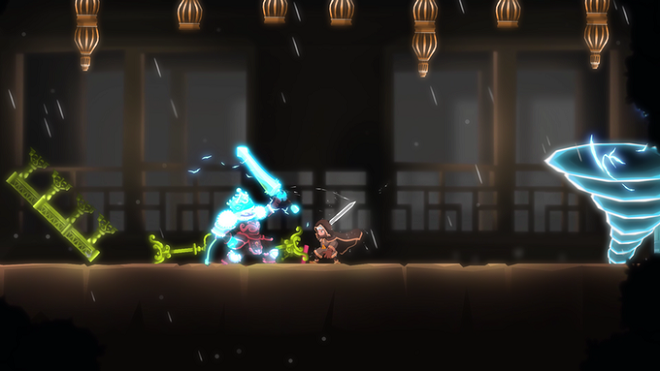Examples of Damage Control in Gaming: Google Is Running a Lackluster Damage Control Campaign for Stadia

Signs that the Google Stadia’s launch would be less than spectacular continued piling up as its release date drew near, thanks to the promised features that wouldn’t be available in the launch window. Anyone who wanted to use controllers like the DualShock 4 or the Xbox One pad to easily play online at launch was disappointed (it has to be wired unless you have a Stadia controller). Older Chromecasts are also currently not being supported, and the Crowd Play feature to let streamers easily play with others is currently inactive. There were bound to be hitches with Google’s first attempt at a gaming system (an all-digital one at that), so this wasn’t a death sentence.
The lackluster launch software lineup didn’t help. Gylt aside (which is reportedly merely okay), all the games available at launch are available on other platforms — some for years. Google got the message about the lineup from their prospective users and nearly doubled the available launch games at the last minute, but the original problem regarding a lack of exclusives remained. It doesn’t help that the game prices are comparable to how they are on other platforms despite Stadia titles only being available for streaming, though some are priced higher. For some reason, Shadow of the Tomb Raider is $59.99 on Stadia despite the recent Definitive Edition release being $39.99 on other platforms. Publishers will never stop thinking they can get away with higher prices on launch systems.

It’s even worse that Stadia is having unanticipated problems following its launch, though they aren’t entirely surprising. Some games don’t run as well as Google promised they would. Red Dead Redemption 2’s performance isn’t on par with the recently released Steam version, and even looks slightly worse than the Xbox One X version in parts. The games that do run well will eat through your bandwidth like a termite on wood. Good luck to players whose greedy ISPs have strict data caps. The system is also overheating some Chromecast Ultra units.
Again, launch problems aren’t surprising. What is surprising here is the lackluster damage control Google representatives are providing when confronted with these issues.
9to5Google made a post accusing Google of exaggerating the performance of Stadia games, and presented evidence confirming this. Promotion for the Stadia version of Destiny 2 suggested it would run at a native 4K resolution while streaming, a claim that, let’s be honest, always sounded too good to be true. Turns out it was, as developer Bungie confirmed that the 4K image is achieved by upscaling it from 1080p, instead of it actually running at 4K like on other platforms. There’s a similar story with the aforementioned Red Dead Redemption 2, the 4K version for which actually runs at 1440p and is upscaled to 4K. This runs contrary to what Google said themselves, and what Stadia chief Phil Harrison said on Twitter last month. But you’ll want to note that they never used the word “native.”
Google responded to this claim by saying they’re giving the developers “the freedom of how to achieve the best image quality and framerate on Stadia,” but performance could improve over time. This makes it seem like they’re shifting the blame over to the developers while not acknowledging how they provided misleading advertising, whether they intended for the statement to imply that or not. Either way, it’s not what upset Stadia players want to hear. Perhaps the promises should have been less grandiose, or they could have put an asterisk on “4K support.”

Some users on Twitter and Reddit have claimed that Stadia is overheating Chromecast Ultras, which they can tell by simply touching it to determine whether it’s hot. For most of them, it will take a couple to a few hours to happen, but others say this can occur with their systems within ten minutes. In response, a representative claimed they know the overheating issue can be bothersome, but they confirmed there’s no thermal overheating issue. They also claimed that while the device can get warm, it’s working as designed, which… huh? This answer isn’t good enough. What’s worse is how, as PC Magazine explained, this issue can’t be fixed through a mere firmware upgrade. Anyone who runs into the problem will need an upgraded Chromecast Ultra in the future, so hopefully it’s not too widespread.
Stadia is starting off rough, and Google will likely try their best to right this ship. It could be tough if they don’t have enough exclusives and deals to lure in more users, and the underwhelming messaging thus far won’t make this easier. There’s nothing they’ll be able to do about the bandwidth caps unless they pay ISPs to be more lenient on streaming. If they don’t get Stadia together fast enough, they could cede ground when Microsoft begins a larger rollout for Project xCloud — the real reason why Stadia was launched before it was fully ready. With other competitors looking to enter the video game streaming world, it will be a wild ride for the format in the next few years.





